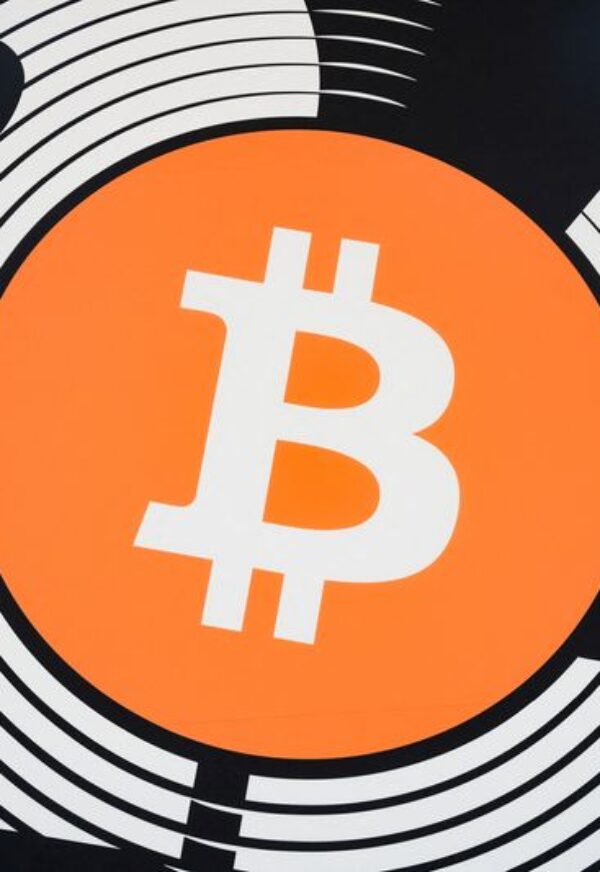Escalating Conflict: Israel Strikes Lebanon Following Hezbollah Leader’s Death
On Sunday, Israel conducted numerous strikes in Lebanon, escalating the pressure on Hezbollah with additional attacks. The country also announced the death of another senior figure, following the significant blow it dealt to the Iran-backed group’s chief, Sayyed Hassan Nasrallah.
The Israeli military reported that the air force had “struck dozens of Hezbollah terror targets in Lebanon, including launchers that were aimed toward Israeli territory, structures in which weapons were stored and additional Hezbollah terrorist infrastructure” .
The most recent in a series of Israeli strikes that have targeted many of the group’s most senior figures, it also announced the death of Nabil Kaouk, a prominent Hezbollah leader. Although Hezbollah has not yet commented on Kaouk’s fate, its supporters have been posting messages of condolence for him since Saturday.
The Israeli navy reported that it had intercepted a projectile that was en route to Israel from the Red Sea region. Additionally, eight projectiles that were heading from Lebanon had fallen in open areas.
In a significant Israeli airstrike on Friday, Nasrallah was slain at the headquarters of the group in the southern suburbs of Beirut. It was a significant setback for both Hezbollah and Iran, as it resulted in the loss of an influential ally who had assisted in the development of Hezbollah into the cornerstone of Tehran’s network of allied organizations in the Arab world.
Hezbollah has maintained its commitment to combating Israel and has continued to launch missiles at it, including a salvo on Sunday morning.
The detonation of thousands of communications devices used by its members was the beginning of a traumatic fortnight for Hezbollah, which culminated in Nasrallah’s death. It was widely presumed that Israel was responsible for the action, but it has not confirmed or denied it.
Israeli assaults on Saturday resulted in the deaths of 33 individuals, according to Lebanon’s health ministry. The health ministry previously reported that the Israeli attacks in Lebanon have resulted in the deaths of over 1,000 individuals and the injuries of over 6,000 others in the past two weeks. The number of civilians and combatants was not specified.
The escalation has heightened concerns that the conflict could spiral out of control, potentially involving Iran and the United States, Israel’s closest ally.
According to his office, Defense Minister Yoav Gallant engaged in discussions regarding the expansion of the offensive in Israel on Saturday.
Since the Iran-backed Palestinian group’s attack on Israel on October 7, Hezbollah and Israel have been engaged in a parallel conflict with Israel’s war in Gaza against Hamas.
Some displaced families in Beirut spent the night on the benches at Zaitunay Bay, a collection of restaurants and cafes located on the city’s seafront. Families had laid out mats to sleep on and prepared tea for themselves on Sunday morning, with nothing more than a duffle bag of clothes.
“You will be unable to destroy us, regardless of the amount of bombing or displacement: we will remain in this location.” We will not depart. Francoise Azori, a resident of Beirut, said, “This is our country, and we are staying.” She was jogging through the area.
According to the government, they were among approximately one million Lebanese who were compelled to evacuate their residences as a result of the strikes that have occurred over the past two weeks. On Sunday, the World Food Programme of the United Nations announced the commencement of an emergency operation to supply food to those impacted by the conflict.
‘POWER BALANCE’
On Saturday, Israeli Prime Minister Benjamin Netanyahu stated that the assassination of Nasrallah was a critical stage in the process of “altering the balance of power in the region for years to come.”
“Nasrallah was not a terrorist; he was the terrorist,” Netanyahu declared in a statement, foreshadowing the difficult days that lay ahead.
Israel claimed that it assassinated Nasrallah, as well as senior Hezbollah official Ali Karaki and other commanders.
The United States firmly supports Israel’s right to self-defense, and U.S. President Joe Biden described Nasrallah’s death as a measure of justice for the many victims he had caused, including thousands of Americans, Israelis, and Lebanese.
However, when asked whether an Israeli ground incursion into Lebanon was inevitable, Biden responded to media on Saturday, “It is time for a ceasefire.”
After Nasrallah’s death, sources informed Reuters that Ayatollah Ali Khamenei, the Iranian Supreme Leader, was relocated to a secure location within Iran. Khamenei declared that Nasrallah’s death would be avenged, and that other militants would continue to pursue his path in the battle against Israel.
Tehran issued a warning against any attacks on its diplomatic facilities and representatives, and called for a U.N. Security Council meeting to address Israel’s actions in Lebanon and other regions of the region.
According to Iranian media, deputy commander Abbas Nilforoushan, a senior member of Iran’s Revolutionary Guards, was also slain in the attacks on Friday..
Hezbollah has declared that it will discontinue fire only upon the conclusion of Israel’s Gaza offensive. Hamas and other Hezbollah allies released statements in lament of his passing.
During a cabinet meeting on Sunday, Lebanon’s Information Minister stated that diplomatic efforts to establish an armistice were still in progress.
CHRISTIAN VALUES
Maronite Patriarch Bechara Boutros Al-Rai, Lebanon’s foremost Christian cleric, declared that Nasrallah’s death had “opened a wound in the heart of the Lebanese.” Rai has previously expressed his dissatisfaction with the Shi’ite Islamist party Hezbollah, alleging it of instigating regional conflicts in Lebanon.
“We offer our personal condolences to the family and community of Sayyed Hassan Nasrallah,” he declared during a sermon.
The arsenal of Hezbollah has been a source of contention in Lebanon for an extended period, a nation with a history of civil conflict. Hezbollah’s Lebanese detractors contend that the organization has unilaterally entangled the nation in conflicts and undermined the state.


